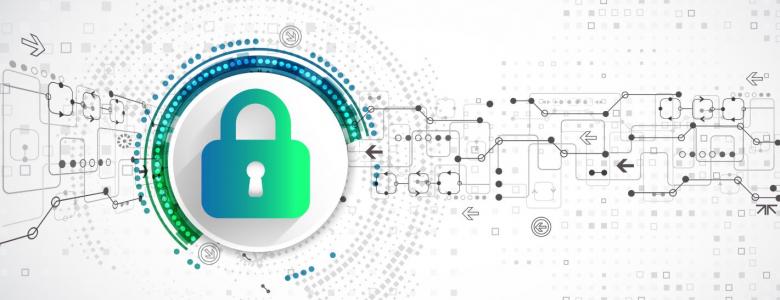
Almost one-fifth of organisations in Ireland have reported at least one technology-related security incident in the last 12 months. According to the Central Statistics Office (CSO), these attacks can have significant consequences, with 5% reporting that it resulted in the destruction or corruption of data and almost 3% reporting that it resulted in the disclosure of confidential data.
Although organisations have been experiencing a significant number of technology-related security incidents in the last 12 months, Ireland has ranked second in the most cyber safe European nation, according to VPN Overview.
To help raise awareness of cybersecurity threats and promote good practices, Reperio have put together a list of top tips for staying safe online.
1. Emails
A new report from AIG shows that Business Email Compromise (BEC) is now the main driver of cyber-insurance claims in the EMEA region.
BEC occurs when a phishing email containing a link or attachment has been sent to an individual. Engaging with the email’s content may give an intruder access to a user’s inbox. The perpetrator can then send and receive emails from the victim’s email address.
The key to protecting against this type of threat is education. Organisations will reduce the likelihood of a cyber attack if they train their employees to look out for suspicious emails (always checking the email address and scanning the email for poor grammar and spelling).
Also, mail servers should be configured to block emails coming from outside an organisation, which claim to have originated from within.
2. Passwords
Users should use different passwords for each account they have. This will reduce the potential harm that would be caused if any of these passwords were compromised.
It is good practice to change passwords frequently and ensure that they are strong. They should be a minimum of eight characters in length and include a mixture of upper and lowercase letters, numbers and symbols.
A password manager should also be used to remember complicated passwords and allow you to organise, store and access passwords from anywhere. Passwords can be strengthened even further by using multi-factor authentication (MFA).
3. Human error
Users are often the weakest link in information security, and they are easily manipulated. According to a report from AIG in 2018, claims due to employee negligence rose from 7% to 14% year on year. Staff sending emails to the wrong recipient or losing devices linked to their work email are a significant driver of cyber claims.
Individuals can reduce the potential of human error by understanding phishing attacks, encouraging safe password management and safeguarding sensitive information.
4. Public Wi-Fi
Public Wi-Fi should not be used to access sensitive information (e.g. bank account). Public Wi-Fi networks often lack appropriate protection, leaving users exposed to malicious individuals on the same network. To overcome this, a Virtual Private Network (VPN) should be used to provide an extra layer of security when using a public Wi-Fi network.
One of the biggest challenges faced by businesses of any size comes in the form of having the right people to deal with persistent threats. Most enterprises have relied on a CISO (Chief Information Security Officer) to implement cybersecurity policies. However, these CISO’s are now recruiting specialists who can tackle cybersecurity issues.
Reperio Human Capital are currently recruiting for several cybersecurity positions. If you are looking for your next cybersecurity job, visit our jobs page.
Alternatively, if you are a company based in Ireland or the United States who are finding it difficult to secure cybersecurity professionals, give us a call or email info@reperiohc.com.
Written by Michelle Corry